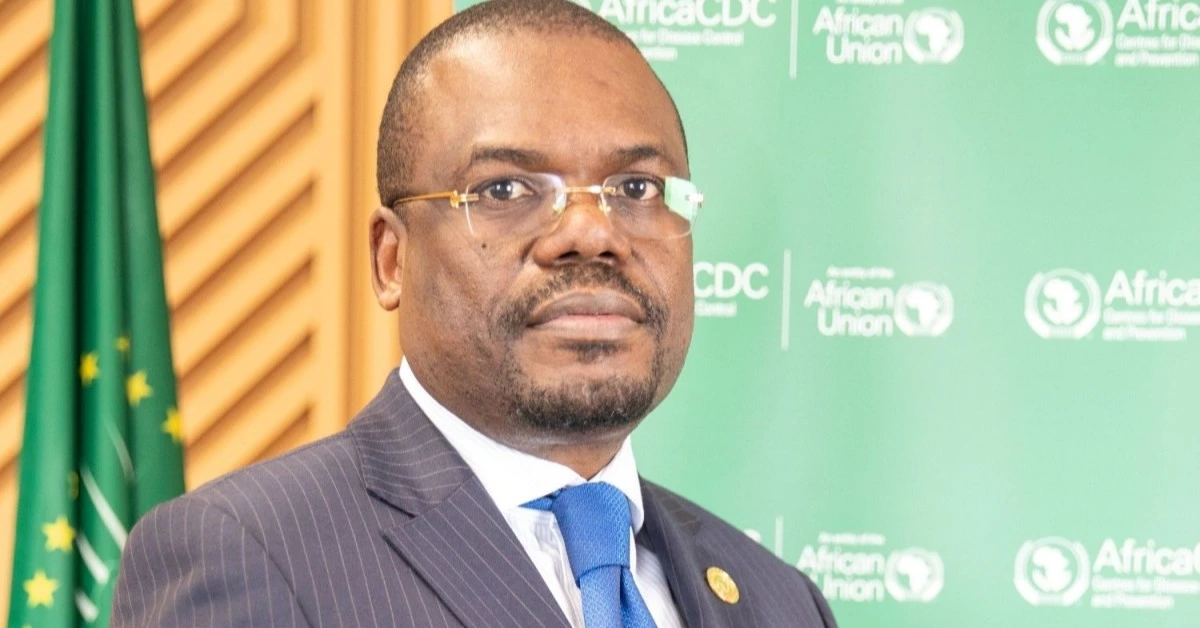
ETHIOPIA – Africa’s ability to respond to disease outbreaks is weakening due to U.S. aid cuts, according to Jean Kaseya, director-general of the Africa Centres for Disease Control and Prevention (Africa CDC).
Speaking ahead of a key meeting with regional health ministers, Kaseya emphasized that the loss of funding has left health systems struggling to manage diseases like malaria, AIDS, mpox, and Ebola.
Friday’s meeting will focus on finding alternative sources of funding after significant reductions in U.S. financial support.
“We are entering a new era in health financing,” Kaseya said, adding that the cuts have shut down or disrupted critical health programs across the continent.
Many African countries, particularly those with fragile healthcare systems, depended on U.S. aid to support disease control, nutrition programs, and prevent starvation.
The impact of these cuts is particularly severe in the Democratic Republic of Congo, which is battling mpox outbreaks.
Aid reductions and ongoing conflicts in the eastern region have made it difficult to conduct testing and secure enough vaccines.
Kaseya highlighted how essential services, such as the collection and transportation of disease samples, have been severely affected. “Some of them were not prepared for this major aid cut,” he noted.
The funding losses stem from a decision made during the Trump administration to terminate most foreign aid contracts and cut US $60 billion in overall U.S. assistance.
The effects of these cuts are being felt across multiple African nations, where disease outbreaks are worsening due to a lack of resources.
However, Kaseya pointed out that the U.S. is not the only country reducing aid. “We are not just talking about the U.S.,” he said. “Almost all Western countries are decreasing their support. And that is a critical issue for our health security.”
He warned that without international funding, Africa faces a growing health crisis with limited resources to fight deadly diseases.
In response, Africa CDC and the World Bank are exploring temporary funding solutions to ease the financial strain. Discussions are ongoing about possible “transitional” support to help countries manage outbreaks in the short term.
Kaseya urged global partners to recognize that investing in African healthcare is essential for global health security. He stressed that disease outbreaks on the continent can easily spread beyond Africa’s borders, making international cooperation vital.
Despite the challenges, Africa CDC remains committed to strengthening public health systems. Kaseya called on African nations to work together to build self-sustaining healthcare programs and reduce reliance on external aid.
However, he acknowledged that immediate international support is necessary to prevent further deterioration of healthcare services.
XRP HEALTHCARE L.L.C | License Number: 2312867.01 | Dubai | © Copyright 2025 | All Rights Reserved